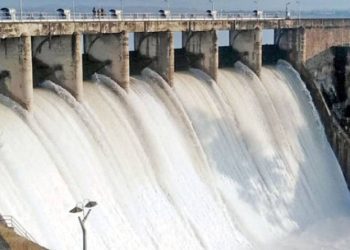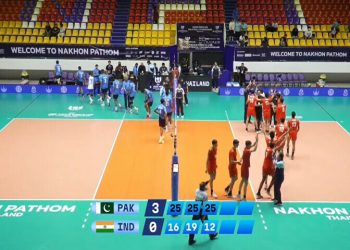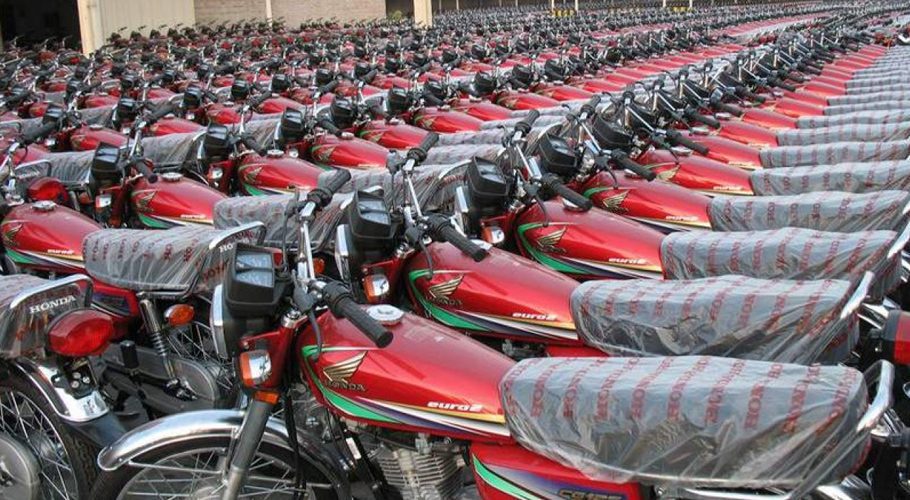Conflicts between provinces and communities over water sharing and access persist to a major challenge in Pakistan. Even as several agencies, institutions and authorities are in place to supervise and regulate the distribution of water between communities and provinces, however, the issue still lingers on how profits and threats are to be shared.
Negotiations are frequently the main way to conflict resolution. Although, water laws are not well-defined in existing lawful arrangements at the federation level in the country, and is generally limited to the provinces, making it hard for the federal authorities to tackle water-related problems like drinking, sanitation water and water security, and could have discriminated complications for communities and provinces.
Water shortages worsen for provinces
The water scarcities for Punjab and Sindh went up to 32 % on May 29 as river flows continued to fall and storages at both Tarbela and Mangla dams closed to dead level.
According to the Indus River System Authority (IRSA) statements, it reviewed the overall water situation and decided to apply 32% shortages to Punjab and Sindh instead of 23% shortages at present.
IRSA, given the existing limited storage available in reservoirs and tumbling river, flows said it was inevitable to apply further cut on provincial shares however, KP and Balochistan would stay exempt from sharing of shortages.
IRSA had initially estimated about 10% shortage for the early part of Kharif, but then temperatures did not rise in the northern areas of the country and river flows continued to drop. IRSA said that with a 32pc shortage, water share for Punjab was reduced to 83,000 cusecs while that of Sindh was allocated 74,000 cusecs.
It also identified on Friday eight headworks and barrages with the consent of members of Irsa from Sindh and Punjab for appointment of independent inspectors for monitoring of water discharges as already decided by IRSA a few days ago and then supported by the National Assembly’s Standing Committee on Water Resources last week followed by the prime minister’s endorsement.
Sindh blames Centre for Sindh water crisis
Pakistan People’s Party Chairman Bilawal Bhutto Zardari lambasted PM Imran’s government for creating an acute water crisis in the province and asked for permanent closing of the contentious Chashma-Jhelum Link Canal.
He said Indus River System Authority’s sole authorization with regard to water is that it could merely check the distribution of water as per the Water Apportionment agreement, however; it can’t implement its authority in any other form, as there is a severe water issue in Sindh after Mangla Dam was filled beyond its approved controversial formula.
Bilawal warned of an acute famine-like situation in the Sindh province as a result of the PM Imran-led government policies that have altered lower Sindh into a desert, depriving Karachi, Tharparkar, Thatta, Sujawal and Badin of their fair share of water.
PM’s statement on water shortage
Responding to the Sindh government deflecting the blame onto the Centre, Prime Minister Imran Khan said issues related to corruption, mistrust and inefficient water management practices need to be resolved to help Pakistan tackle its growing water insecurity.
He said that the government, over the next 10 years, will build 10 dams, as it is water storage that will permit the country to deal with the needs of the burgeoning population.
The prime minister lamented that the telemetry system that points out how much water is going to each province is “just not working”, but the government is working on having these placed everywhere.
PM Imran Khan also said distribution within provinces is also a problem, with farmers unable to get the share of water they should. He said it is the responsibility of the Sindh government to ensure that the powerful do not take away the share of poor farmers.
Existing concerns must be addressed
The water issue has been ignored for far too long, and we cannot afford to shelve it any longer. The governments needed to take concrete steps to slow down the water crisis in the country.
Echoes of Diamer Bhasha and Neelam Jhelum Dams have been heard in Pakistan for 20 consecutive years but none of them has been completed.
The Kala Bagh Dam has become a victim of politics in which there is an atmosphere of mistrust between the provinces and this atmosphere is getting worse due to non-acceptance of the position of small provinces.
The shortage of water is also triggering security variances in the country. The economic impact of the water crisis is huge, and the people are fighting for resources.
Pakistan is facing a serious crisis due to inter-provincial water disputes. The provincial and federal authorities have to utilize the existing resources sensibly, without disturbing and diverting the flow of the IRS water. The multipurpose schemes are also the source of worry as the projects are being politically used to rob others of using their aboriginal resources.
The federal and provincial governments must lookout for a healthier form of supervision of their water resources despite going for continual multipurpose project construction over the IRS. Also, the governments have to improve their water infrastructure to store rainwater in the country.




































